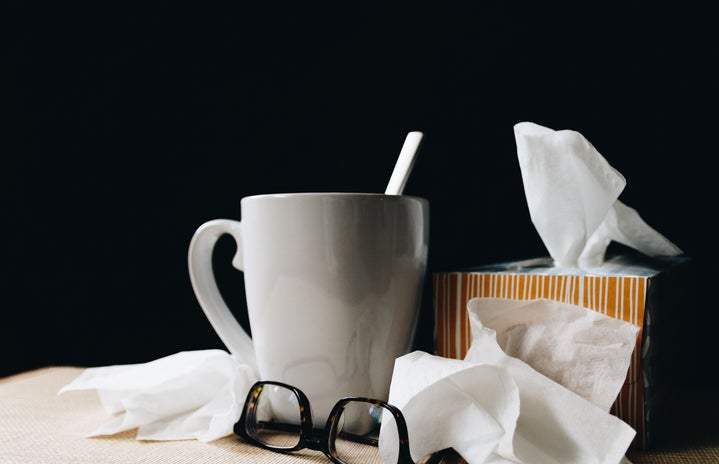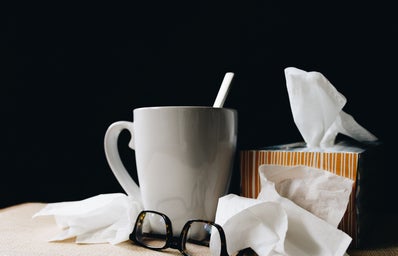I’m sitting here writing this when I’d typically be in class, but Seattle University along with many other schools have been moving classes online in order to limit large gatherings. While people can choose to remain on campus, other colleges have completely shut down and semesters essentially put on hold. From the beginning, people have been having a lot of anxiety about coming into contact with someone who is infected, and have taken precautionary steps to mitigate the chance of this happening. In general, there has been a fair amount of hysteria surrounding the spread of coronavirus, which I take a slight issue with. Not only that it makes a lot of people more concerned than they should be, but because it takes away from who the concern really should be focused on: populations who are at higher risk of coronavirus.
First of all, it’s important to understand where people are getting their information from. This morning, I read a newsletter that described the coronavirus as “deadlier and more contagious than the flu,” which is true, but it’s not the whole story. The average global mortality rate of the flu is 1%, and for coronavirus, it has been estimated between 2 and 3.4%. The difference is relatively small, but it’s always concerning when there is an increase in mortality for an illness. We shouldn’t dismiss this difference, but we should be aware that we most likely are not looking at the next black plague. This is why seeing hand sanitizer sales soar and a shortage of surgical masks seems a little overkill. (By the way, hand sanitizer isn’t nearly as effective as just washing your hands and surgical masks only prevent spreading your germs to others, not the other way around.)
And these aren’t the only ways we have paranoia surrounding the outbreak. My grandmother told me that her local Costco is almost empty, and people have been hoarding everyday goods (ex: toilet paper) alongside medical gear. Non-perishable items have been wiped out, assumedly because people are preparing their nuclear fallout shelter, no? I guess it could be a sign that people think that the situation is more dire than it actually is. We should be limiting our exposure to large groups, but not going to a grocery store for the next month is overkill and unrealistic for many.
But it’s still useful to try and contain the virus from spreading any further. There are several populations that are at an increased risk for coronavirus complications, such as older people and people with severe chronic health conditions (ex: heart disease, lung disease, and diabetes), according to the CDC. This is why decisions to limit large gatherings and close contact between people is wise, especially in areas that have had an outbreak. And while personal hygiene is always important, it is especially so right now. I know that if I test positive for the coronavirus, the worst I will most likely experience is flu-like symptoms. But, if I catch it and then spread it to my parents, who are considered at high-risk, then that would be cause for concern. So, I am careful because I care about the people around me, but I’m not living in fear of catching a deadly disease.
There’s another thing that’s been bothering me (and many others) about discussions surrounding the coronavirus: the xenophobia influencing paranoia around the coronavirus. You think it would be obvious by now, but just because the outbreak started in China does not mean that you can blame an entire ethnicity and/or race. There have been several instances of media websites using pictures of Asian people for the cover of articles pertaining to coronavirus. And when people disproportionately depict the outbreak as an issue affecting Asian people, it is a form of discrimination. Also, returning to my comment about surgical masks, it is important to note that wearing surgical masks is more of a cultural norm in countries like China and Indonesia, especially following events such as fires, and are even a part of streetwear fashion in Japan and South Korea. Even this is a gross oversimplification, but it helps my point that just because somebody of Asian descent is wearing a face mask does not mean you should treat them any differently or assume that they must have the coronavirus.
Will we ever get to the point where major news updates won’t attempt to strike fear into every person watching? Right now, that wish seems pretty far-fetched. The best thing we can do is continue to be mindful of preventing the spread of germs (which we should especially be doing during flu season anyway) but otherwise remain calm. Observing county, state, and CDC guidelines would be wise, but you shouldn’t feel the need to put your life on hold. But maybe check if your toilet paper is getting low, in case you need to hit a couple of grocery stores to find some.



